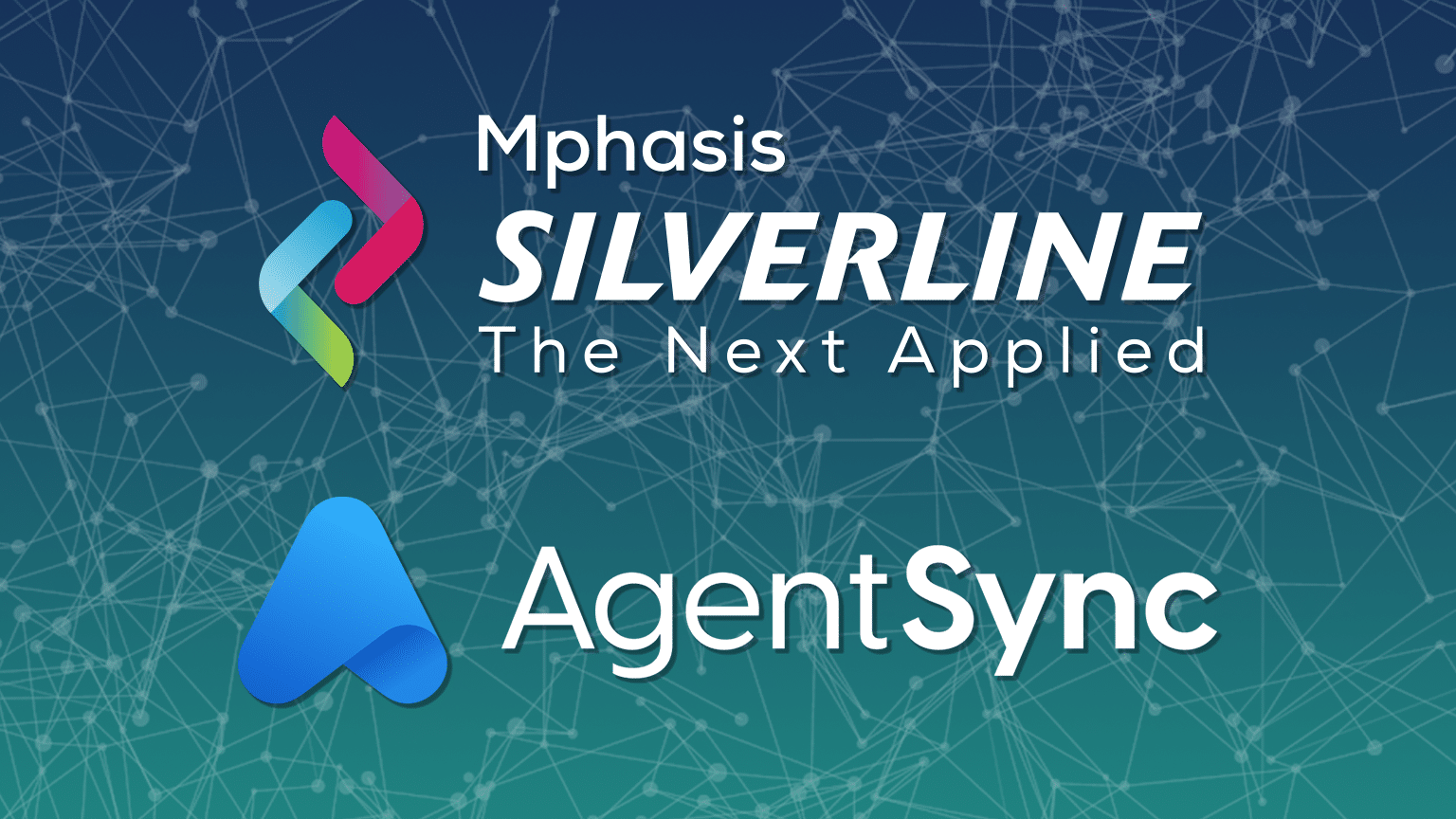In the first part of our look at 2023 insurance trends, we covered how inflation and interest rates are impacting insurance. Now we turn to other trends we are seeing around talent shortages and climate change. We’ll also take a closer look at industry-specific issues, such as insurtech and producer consolidation, and share how Salesforce Industries for Insurance can help organizations transform to meet the high demands of today’s market challenges.
Difficulties recruiting talent reach an all-time high
Across all industries that Salesforce supports, there is an ongoing challenge to attract and retain talent. Insurers are facing the same fight as other industries, and recruiting difficulties have reached their highest levels, particularly in the areas of technology, actuarial, analytics, executives, and underwriting. There has also been a wave of retirement, and insurers are struggling to fill the spots left by longtime employees, especially since interest in insurance careers has been waning.
We suggest that insurers focus on creating a welcoming environment to recruit top talent. Salesforce internally uses an employee experience lifecycle to attract, onboard, and enable success for talent. The lifecycle follows these phases to manage each employee’s career over time:
- Recruiting
- Onboarding
- Training and professional development
- Performance management and recognition
- Day-to-day operations and support
- Growth and well being
The concept behind the experience lifecycle is to create individual journeys for each employee at your organization based upon a role or where they are in their career. The lifecycle helps ensure that all your employees succeed at every point in their journeys.
For example, if you’re bringing in an underwriter right out of college, the way you would approach their onboarding journey should be different than the way that you’re approaching somebody that you’re hiring from another company with 20 years of underwriting experience.
We often hear from our insurance clients that it takes about six to eight months to teach new employees the company’s systems and processes, which rapidly diminishes interest in the role. A retention tactic to consider is using Salesforce to optimize the employee experience. Salesforce Industries for Insurance offers intuitive workplace solutions that are designed to empower employees, reduce training and onboarding requirements, and make insurance jobs more accessible and effective.
Climate change is affecting insurers’ results and how they do business
Climate change is having severe effects on both the property casualty and life insurance spaces. Over the past year, property casualty has experienced the impact of catastrophic claims from events such as hurricanes and earthquakes. Unfortunately, when you have a catastrophe, life loss usually happens, but we are also seeing environmental changes affecting how long people are living. For example, a major snowstorm might not necessarily count as a true catastrophe, but it is impacting people’s long-term survivability.
To mitigate the impact of climate change, insurers should look at their business insight and market responsiveness. Insurers need to have insight into how their books are developing, see where the problems are in real-time, and make adjustments as needed. By using Salesforce Industries for Insurance, insurers are able to quickly respond to the trends from a pricing, underwriting, and claims perspective by updating or launching products.
You should also focus on being able to respond effectively to catastrophic claims to mitigate loss. This is because the more proactive you are on your claims process, not only are your costs going to be lower, but your customers’ expectations are going to be met. And higher customer satisfaction can likely result in fewer lawsuits.
The other aspect of climate change is an insurer’s own business. Most insurers today are looking at their impact on the environment, and we are seeing several companies appointing a Chief Sustainability Officer, such as Sun Life, Liberty Mutual, AIG, New York Life, and Allstate.
Salesforce Net Zero Cloud is a way to integrate a complete sustainability management solution into your organization. The platform helps you better understand your organization’s environmental footprint and analyzes your business’s environmental impact data to inform your climate action priorities.
Top trends specific to the insurance industry
Issues with talent and climate change are impacting not just insurance but many other industries as well. Now we want to zoom in on the top trends that are specific to the insurance industry. These trends include:
- Continued producer consolidation: From an insurer’s perspective, this consolidation has created a lot of chaos because even though about half of the premium generated in the industry is by independent agents and brokers, the consolidation effect has made insurers scramble to improve and maintain great relationships with producers.
- New business processing still needs to be fixed: Commercial lines and group insurance are both still manual and error-prone. In particular, we are seeing this with sales through independent agents and brokers that are relying on spreadsheets and emails.
- Insurtech is still a force but may be stalling: According to the Insurance Journal, there was a 58% decline in quarterly insurtech funding in Q1 2022, with a 73% increase of mergers and acquisitions exits. The stall may be because of what we see in the economy or that insurers are being a little bit more discerning about what they’re investing in, both from an investment and a purchasing perspective. They want technology that has some merit and can provide quick value.
The hottest topic we are seeing in insurance trends is around distribution management. Insurers should approach distribution management with a similar process to recruiting and retaining talent that we touched on earlier. We look at distribution management as a series of journeys, and you always want your agents and brokers to be on a specific journey based upon where they are in their lifecycle with you.
You want to create a repeatable process that you can apply to all of your agents and brokers across relationships, portfolios, performance, and management. We refer to this as Salesforce Agent 360 or Broker 360, where it is more than just understanding all of the business that they write for you. It’s getting to know who the agent is and being able to treat them with the same level of empathy as you would an insurer or a client.
Silverline has deep insurance industry knowledge paired with proven Salesforce expertise. Find out how we can help your organization.




